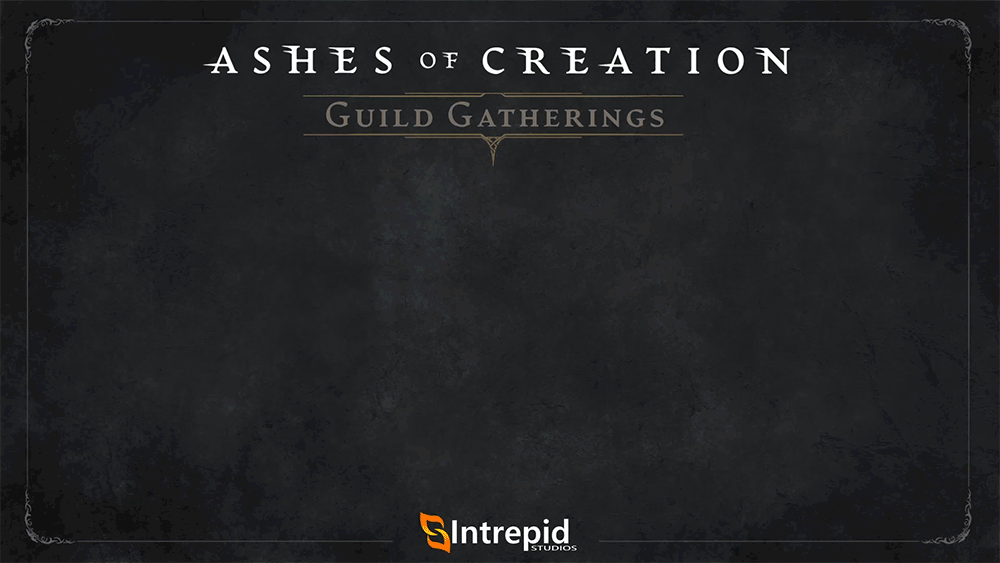
Glorious Ashes community - we're excited to continue our new series called
Guild Gatherings! Guild Gathering topics are a "reverse Q&A" similar to our Dev Discussions, where we ask you about your thoughts on everything related to guilds.
Our team has compiled a list of questions we'd love to get your feedback on regarding guild tools, gameplay, your previous experiences, and more. Join in on our Guild Gatherings and share how your gaming family is special to you!
Guild Gathering #7 - Ideal Members
What characteristics make an “ideal” member for your guild? How do you set and communicate those expectations, and keep track of a member’s performance against them?
Keep an eye out for our next Guild Gathering topic regarding app integrations!
Hi again friends! Thank you all for taking the time to stop by and share your thoughts on the ideal guild member! We had a blast reading through them all! Check out some of the top notes you shared with us below:
- Many players want members who are knowledgeable, helpful, skilled, and willing to learn and get better.
- The ideal guild member is willing to have fun, be respectful, “chill”, and create an overall sense of camaraderie.
- Many players want members who are able to play often, consistently, and can communicate their availability.
- A member who is team-oriented and participates in the creation and execution of guild activities, as well as shows up on time.
- Some players expressed that they wanted mature guildmates as well as guildmates that would follow the rules designated by guild leadership.
All in all, we thought this quote summed up many of your sentiments quite well

enjoyable to play and talk to kinda funny thats about it idc what else they do